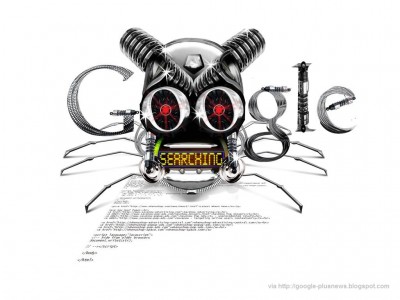Curiosity is one of the strongest of all human incentives. Once it’s been aroused, we can hardly sleep until we satisfy it.
How can you add curiosity to your business, product, or service? To your marketing message?
Have you ever heard of the Zeigarnik effect? It’s a psychological phenomenon that can boost your persuasiveness. When people are given incomplete information, such as a story that is cut off before the end, the brain feels a strong need to “close the loop.”
This is why television shows and movies use cliffhanger endings. The audience just has to know what’s going to happen next.
Using the Zeigarnik effect is effective in both marketing and in-person selling situations. When you make a unique claim, make the person who reads or hears wonders “How is that possible? How can she do that?” (Copywriters often call these “can’t-do-it” bullets or fascinations.) Their curiosity will compel them to find out the answer. Now, instead of chasing clients, they are coming to you, wanting to hear what you have to say.
That’s much stronger positioning.
But this doesn’t mean that you embrace ambiguity. That will have the opposite effect. You want your readers, hearers and viewers to know exactly what you’re talking about. That’s what makes the information interesting and relevant to them. Build curiosity around how and/or why.
The information has to be specific, relevant and unique. If it is too vague, it won’t be important enough for them to want to find out about. If it’s irrelevant, who cares? If the claim isn’t unique, or if the missing portion is too predictable, the curiosity disappears.
(More on how to avoid this costly mistake in the video below)
Take for example one of the longest-running advertising headlines in history: “Do You Make These Mistakes in English?” Anyone who wanted to speak intelligently 80 years ago (when this ad was written) was overcome by curiosity.
You can’t read that headline without wanting to learn more. This question implies there’s a strong possibility that the reader could be making embarrassing mistakes without realizing it. The word “These” indicates there are specific mistakes you could be making. It’s hard for your brain to just ignore that curiosity gap.
It also implies that reading the article (or advertisement) would be the first step to fixing the problem.
So, how can you add curiosity to your marketing messages today?
April 2019 Update: In the quest for more opens and clicks, many copywriters and marketers have strayed into the danger zone of ambiguity.
I explain you why this is such a major issue in “The Cost of Cheap Curiosity.” It’s the unauthorized recording of a private call with Agora Financial.



